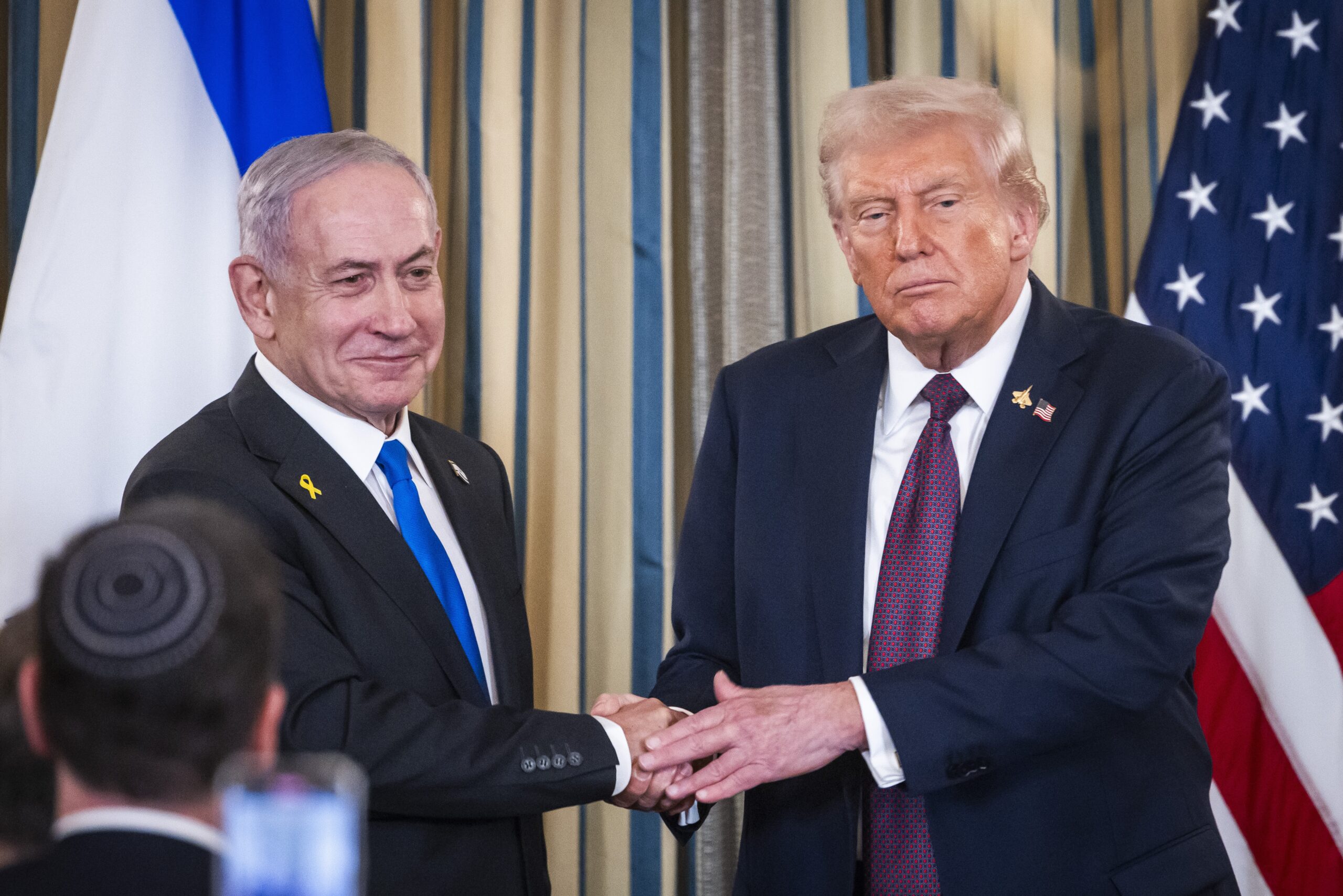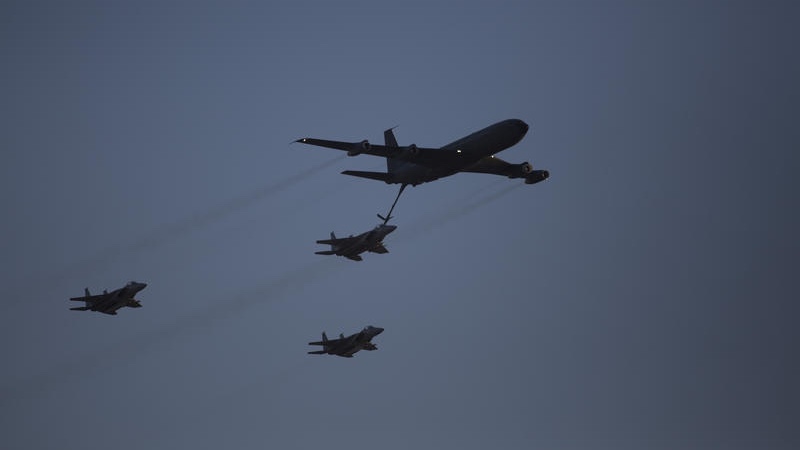Has history been made in the Middle East? Israel and Lebanon arrived at an agreement to demarcate their maritime border. For close to ten years, Jerusalem and Beirut have conducted indirect negotiations on this issue with little progress. The agreement was mediated by the United States and its Special Envoy and Coordinator for International Energy Affairs, Amos Hochstein, who was born and raised in Israel and served in the IDF. The United States has close diplomatic relationships with both Israel and Lebanon, both being leading recipients of US military aid.
During this round of negotiations, Israel made more concessions than it was willing to in the past. Lebanon received approximately 860 square kilometers of territorial waters more than it had prior to the agreement. This leaves the Kana gas field in Lebanon’s economic waters and the Karish gas field on the Israeli side. It is still unclear how economically viable the Kana gas field will be; however, Israel is set to negotiate with the private contractors in order to receive a small percentage of the revenues.
Head of the opposition and former prime minister, MK Benjamin Netanyahu, has fervently opposed the incoming agreement calling it an “agreement of acquiescence” instead of a “historic agreement” as Prime Minister Yair Lapid has designated it. However, according to the Israeli government, all of Israel’s security needs were met. This prompted the heads of the Shin Bet, Mossad and the National Security Council to publicly support the agreement saying that “it’s a loss for Hezbollah and Iran” and that it constitutes “de-facto recognition of the State of Israel.”
After officially announcing Lebanon’s approval of the agreement on October 13th, Lebanese President Michel Aoun addressed the public, emphasizing the country’s gains. “Lebanon did not concede land to Israel, and we received the Kana gas field…without recognizing Israel’s borders.”
Both the Israeli and Lebanese governments are presenting it as a major achievement for their countries, respectively, in order to prepare their publics for the official signing of the agreement set to take place on October 20th.
Is it a historic agreement for Jerusalem or did the Israeli government acquiesce to Lebanon’s demands?
The maritime agreement between Israel and Lebanon is not a historic achievement at the level of the peace agreements with Arab countries in the framework of the Abraham Accords. Nevertheless, it is historic in its own right.
This is the first official agreement that Israel has reached with its neighbor to the north since the Armistice Agreement signed in 1949 to end hostilities following Israel’s War of Independence. Since then, Israel and Lebanon have had little progress towards thawing their diplomatic relations and instead have engaged in two wars, the first in 1982 and second in 2006 in addition to several military operations. Lebanon hosts “Hezbollah,” a terrorist organization with representation in parliament that seeks to “eliminate the Zionist entity” and has carried out terrorist attacks against both Jewish and Israeli targets around the world. Reaching a diplomatic agreement between Lebanon and Israel is far from obvious and should not be taken lightly.
After years of conflict and hostility, Israel and Lebanon have reached positive diplomatic agreement in which Lebanon, and yes, also Hezbollah as a result, de-facto recognizes Israel and its sovereignty. This is not merely a verbal understanding but rather an international agreement to be accepted and signed by both governments. Beirut is a signed party to an international agreement with the Jewish State of Israel. Even if small, this is progress.
Absent diplomatic relations and international agreements, Hezbollah and Lebanon have little to lose in engaging in military exchanges with Israel. For Hezbollah, they are often strengthened in the eyes of their domestic constituency when they clash with Israel, enhancing their image as “Lebanon’s protector.” Now, Lebanon is deep in one of the most severe economic crises in modern history.
This agreement, granting them full rights to the Kana gas field, gives Beirut a potential lifeline for economic growth. Subsequently, attacking Israel now carries with it a much greater cost. It will be much more difficult for Hezbollah to carry out its military adventures against Israel since it could lead to Israel severing this economic lifeline. Thus, in the big scheme of things for Israel, preventing the next war in the north is far more critical to national interest than minor concessions.
Finally, I see this development as a baby step in a long process towards a peace agreement in the future. Reaching peace with adversaries in general, and especially for Israel in the Middle East, should not be viewed as a zero-sum game or as something that starts and finishes only at the negotiation table. It’s a longer process that is incremental. There must be steps taken on the way to peace as can be seen in Israel’s relations with the Gulf states prior to the normalization agreements. Israel conducted covert relations with these countries for years prior to officially signing a diplomatic agreement.
The more that Israel and Lebanon increase their official cooperation and conduct more amicable relations even if based purely on mutual interests, it will normalize having a working relationship between both countries. As a result, when the time comes and the step towards normalizing relations is seriously considered, there will already be a basis of cooperation to build on.















I can see two things coming out of this, the battle of Ezekiel 38 and the new temple being built. It is good when prophecy is being fulfilled.